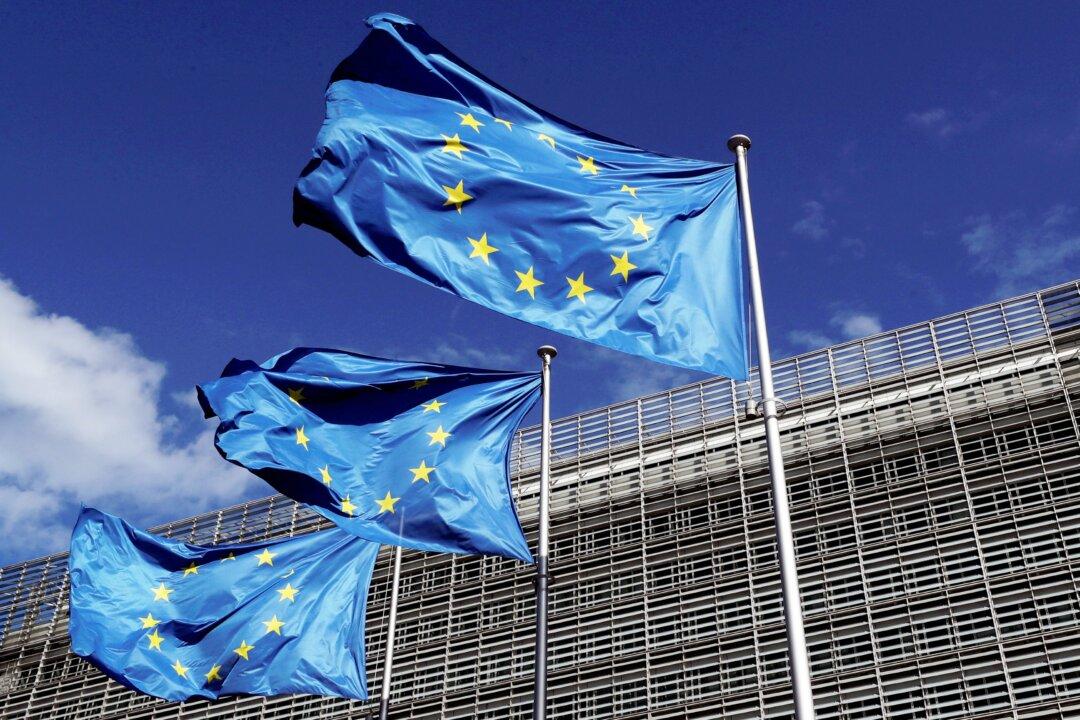The European Parliament has agreed to freeze ratification of an EU–China investment agreement until Beijing lifts sanctions on EU politicians.
According to the resolution, any consideration by the European Parliament of the EU–China Comprehensive Agreement on Investment (CAI), as well as any discussion on its mandatory ratification by MEPs, have “justifiably been frozen” because of the Chinese sanctions.
The resolution was approved by 599 votes in favor and 30 against, with 58 abstentions.
Reinhard Bütikofer, a veteran German Green Party politician and one of the MEPs sanctioned by the Chinese regime, wrote on Twitter after the vote that the China deal “is definitely in the freezer.”
“China miscalculated and shot themselves in the foot,” he wrote on Twitter.
MEPs also advised the European Commission, the European Union’s executive body, that Parliament will take into account the human rights situation in China, including in Hong Kong, when deciding whether to endorse the agreement.
The European Parliament welcomed EU sanctions against Chinese officials who are responsible for human rights violations in Xinjiang.
The EU lawmakers also called for a rebalancing of EU–China relations. They expressed support for a “toolbox” of measures, such as legislation against the distortive effects of foreign subsidies on the internal market. They also called for an import ban on products linked to forced labor, as well as an enhanced and strengthened EU Foreign Investment Screening Regulation.
The lawmakers stressed that the EU needs to adequately address China’s cybersecurity threats and hybrid attacks.
Signatories include former Hong Kong lawmaker Nathan Law; artist and activist Ai Weiwei; Angela Gui, the daughter of abducted Swedish bookseller Gui Minhai; and Dolkun Isa, the president of the World Uyghur Congress. Their effort was endorsed by lawmakers of the European Parliament and national parliaments of EU member states.
“As long as extradition treaties with the People’s Republic of China remain in force, hundreds of Uyghurs, Tibetans, Hong Kongers, and Chinese dissidents living in Europe are under threat,” said Engin Eroglu, a German MEP.





